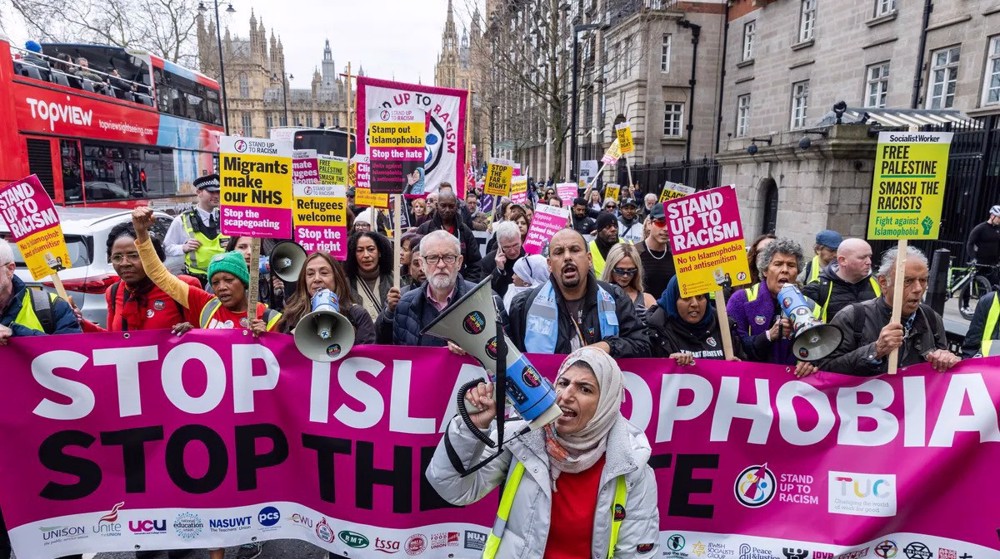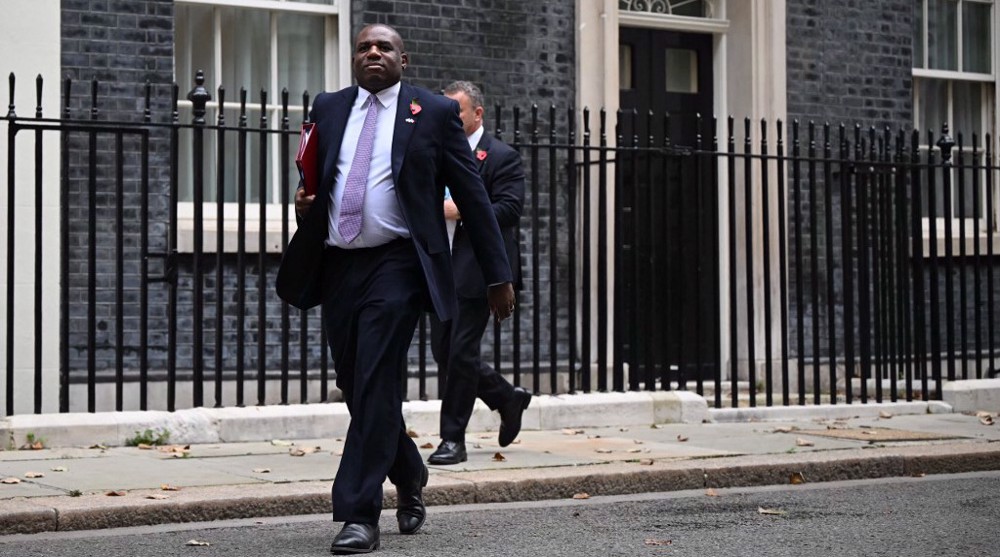‘Boris burrow’ tunnel linking Scotland to NI designed to derail Scottish independence
A proposed 25-mile undersea tunnel linking Scotland to Northern Ireland is being showcased by the British government as a major infrastructure project, but critics will view it as a belated attempt to sabotage the Scottish independence movement.
Prime Minister, Boris Johnson, reportedly lent his support to the idea back in 2018 and nearly three years later Scottish Secretary, Alister Jack, has thrown his weight behind the project ahead of the formal consultation process.
According to the Sunday Telegraph (February 13), a forthcoming report on British transport infrastructure prepared by the chairman of Network Rail, Sir Peter Hendy, is expected to green light the project.
The proposed tunnel, which has been dubbed “Boris Burrow”, is set to run from Stranraer in Scotland to Larne in Northern Ireland.
It is expected to be modeled on the Channel Tunnel which connects the UK to continental Europe and which is 35.1 miles long and runs underwater for 23.5 miles.
The proposed project constitutes the first ever fixed link between Scotland and Northern Ireland and not surprisingly it has delighted the unionist leadership in Belfast.
Democratic Unionist Party (DUP) MP, Sammy Wilson, could barely hold back his glee when he told the Sunday Telegraph (February 13): “The important thing is to make sure that we are economically and constitutionally connected – that is far more important than a physical connection. But nevertheless symbolically it would be very important to hear this message”.
While the “Boris Burrow” project may well have as one of its aims to arrest the momentum of the Irish Unity movement, its real thrust is most likely aimed at the Scottish independence movement.
In the short term, the infrastructure project distracts from the Scottish parliamentary election in May, when the pro-independence Scottish National Party (SNP) is expected to consolidate its dominance over Scottish politics.
Longer term, the project undermines the quest for Scottish independence by creating deeper connectivity with the most sensitive part of the UK (Northern Ireland), which post-Brexit is intensely exposed to political and economic pressure by both the Republic of Ireland and the European Union.
Hezbollah attacks Israeli forces after Lebanese homes blown up
World leaders, states hail ICC arrest warrants for Netanyahu, Gallant
MP: US accountable for possible Israeli 'foolishness' to attack Iraq
VIDEO | Israeli policies strangle Palestinian agriculture, economy
Iran's president offers condolences to Pakistan over terrorist attack
Canada’s Yukon town council at standstill over refusing oath to King Charles
Yemen's Houthi calls for jihad to protect Palestine against Israel
VIDEO | Internal rifts within Israel











 This makes it easy to access the Press TV website
This makes it easy to access the Press TV website